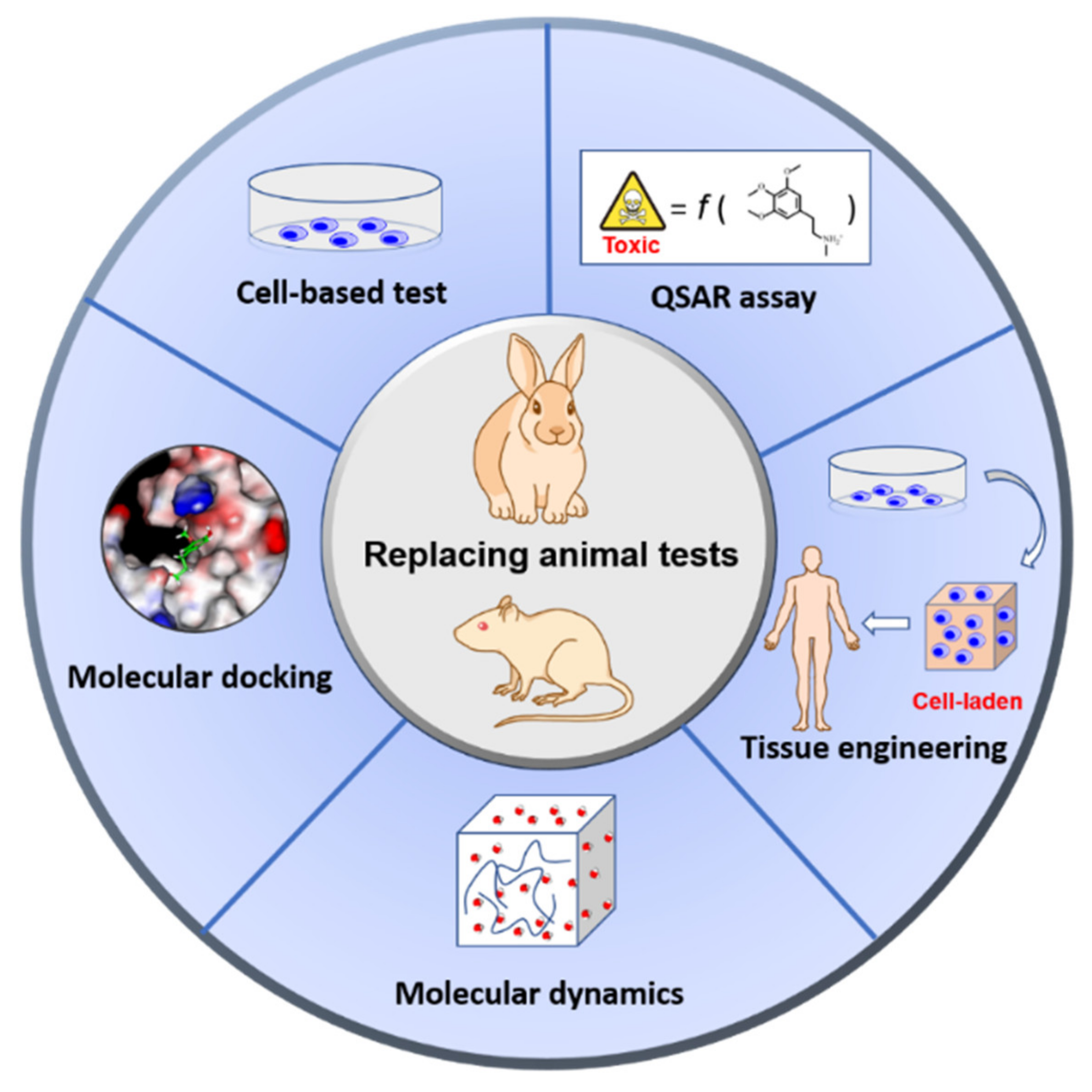Animal Testing: Alternatives Emerging
Non-Animal Methods: A Promising Future
In the realm of scientific research, animal testing has long been a contentious topic. However, in recent years, a growing movement has emerged, advocating for alternatives to animal experimentation. These methods offer a Humane and often more efficient approach to scientific discovery.
Driven by ethical concerns and the realization that animal models may not accurately reflect human physiology, researchers have been exploring innovative alternatives such as:
Cell Cultures and Organoids
These methods involve growing human cells or tissues in a controlled environment, allowing scientists to study disease mechanisms and develop drugs without relying on animals.
Computer Modeling and Simulations
Advanced computational techniques can simulate biological processes, enabling researchers to predict drug interactions, toxicity, and even surgical outcomes with greater accuracy.
The benefits of these alternatives are numerous. They are typically cheaper, faster, and often more effective than animal testing. Additionally, they can reduce the suffering inflicted on animals and contribute to a more ethical scientific process.
Recognizing the importance of these alternatives, several countries have enacted legislation requiring scientists to consider non-animal methods whenever possible. The United States' Animal Welfare Act, for example, mandates that researchers explore alternatives and justify the use of animals in their experiments.
As the scientific community continues to embrace these advancements, we can look forward to a future where animal testing is gradually phased out, replaced by more humane and effective research methods that contribute to the advancement of human health and well-being.


Comments